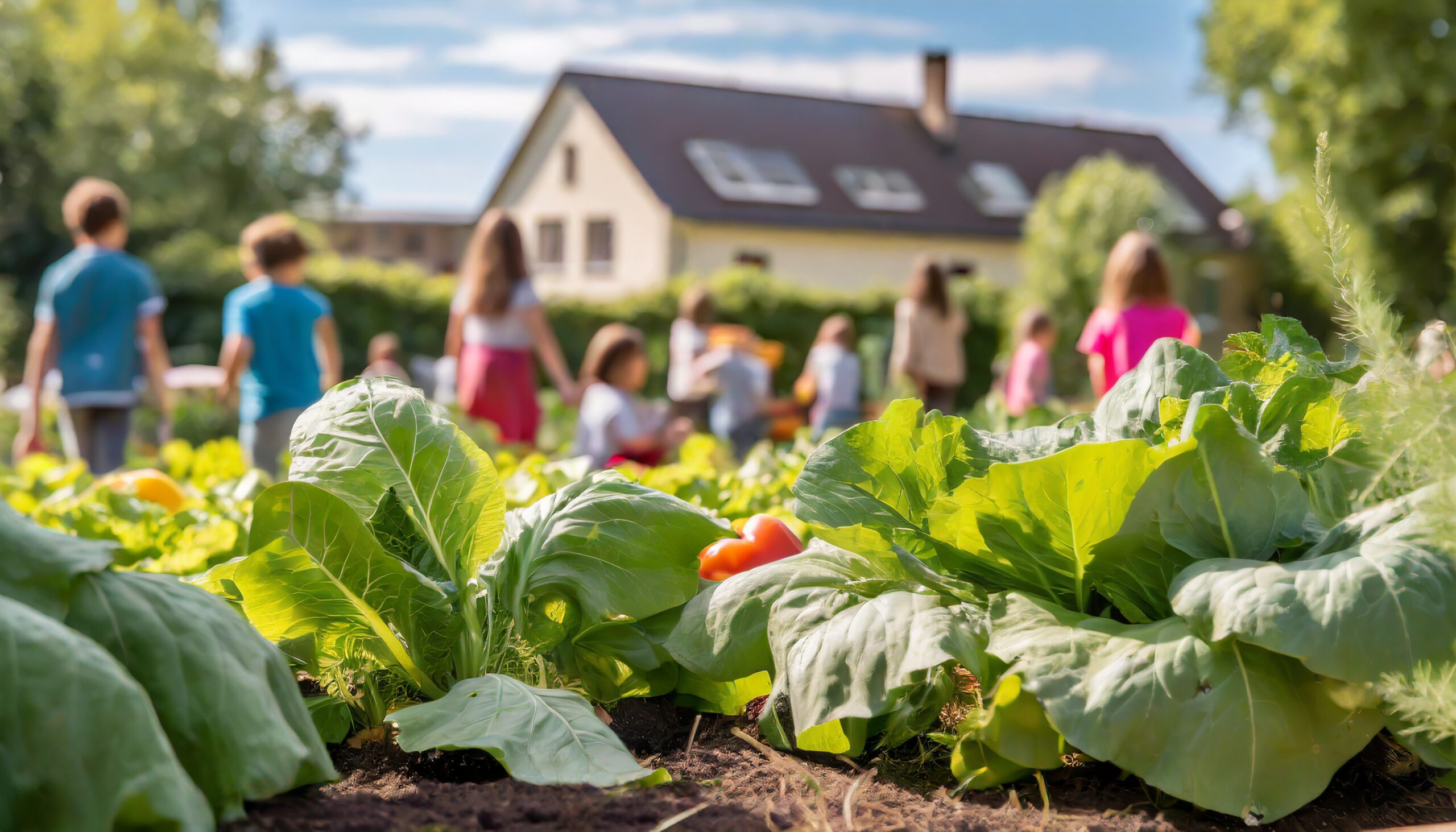Gardening is more than just a hobby or a pastime. It is an educational tool that can be used to teach students about healthy eating habits and the environment. School gardens provide a hands-on learning experience that can help students develop a deeper understanding of where food comes from, the importance of sustainable agriculture, and how to make healthy choices when it comes to food.
School gardens come in many shapes and sizes. Some schools have small plots of land where students can grow vegetables and herbs, while others have larger gardens that include fruit trees and other perennial plants. Regardless of the size of the garden, the benefits of having one are clear.
First and foremost, school gardens teach students about the origins of their food. Many children grow up thinking that food simply comes from the grocery store, without any understanding of how it is grown or where it comes from. By planting and tending to a garden, students gain a greater appreciation for the work that goes into growing the food that they eat. They learn about the life cycle of plants, how to care for them, and how to harvest them when they are ready.
In addition to learning about where food comes from, school gardens also teach students about the importance of sustainable agriculture. By using organic growing practices and composting, students learn about the importance of soil health and the impact that farming practices can have on the environment. They also learn about the benefits of using natural pest control methods, such as companion planting and beneficial insects, instead of relying on harmful pesticides.
School gardens also teach students about the importance of sustainable agriculture.
School gardens can also be used to teach students about healthy eating habits. By growing their own fruits and vegetables, students are more likely to try new foods and develop a taste for fresh produce. They also learn about the importance of eating a variety of foods and how to make healthy choices when it comes to snacks and meals.
In addition to the educational benefits of school gardens, they also provide a number of social and emotional benefits for students. Gardening is a calming and meditative activity that can help students reduce stress and anxiety. It also provides a sense of accomplishment and pride when students see the fruits of their labor and harvest their own produce.
School gardens can also be used as a tool for building community. By involving parents, teachers, and community members in the process of planting and maintaining the garden, students learn about the importance of working together and the value of community involvement.
School gardens are a powerful educational tool that can help students develop a deeper understanding of where their food comes from, the importance of sustainable agriculture, and how to make healthy choices when it comes to food. They also provide a number of social and emotional benefits for students and can be used to build community. Whether your school has a small plot of land or a larger garden, there are many benefits to be gained from incorporating gardening into the curriculum.
